Gidon Kremer - Nono: La lontananza / Hay que caminar (2003)
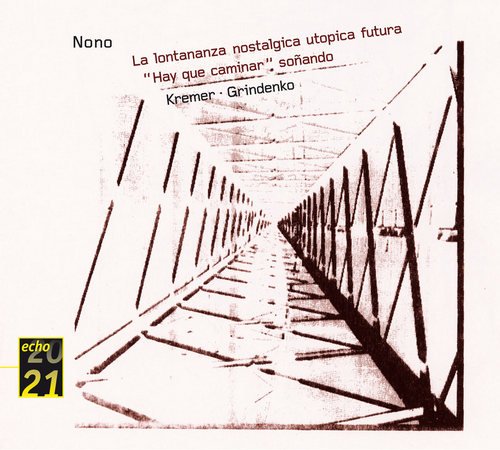
Artist: Gidon Kremer
Title: Nono: La lontananza / Hay que caminar
Year Of Release: 1992 (2003)
Label: Deutsche Grammophon
Genre: Classical
Quality: FLAC (tracks)
Total Time: 56:45
Total Size: 219 Mb
WebSite: Album Preview
Tracklist: Title: Nono: La lontananza / Hay que caminar
Year Of Release: 1992 (2003)
Label: Deutsche Grammophon
Genre: Classical
Quality: FLAC (tracks)
Total Time: 56:45
Total Size: 219 Mb
WebSite: Album Preview
La lontananza nostalgica utopica futura (Nono, Luigi)
1. Nono: La lontananza nostalgica utopica futura 39:28
Hay que caminar (Nono, Luigi)
Violin – Gidon Kremer
2. Nono: Hay que caminar 20:20
Violin – Gidon Kremer, Tatiana Grindenko
There's something uniquely special about Gidon Kremer's " La Lontananza Nostalgica Utopica Futura" and even though there has, to date, been five different recordings of this late Nono composition,I suspect Kremer's will remain the supreme "first" choice, but certainly not the only choice; The Arditti/Richard, Mellinger/Sciarrino and Merkel/Heiniger versions all have further and unique things to convey here.
For an introverted work that's about a communicative struggle, Kremer's interpretation seems decidedly self-assured and intensely focused.
While Kremer relishes the extrovert soloist's spotlight, imbuing it with the richest of colors, his genuine love of the composer and composition is evident throughout and fully enhances the experience(and reading his essay on the composition is almost as illuminating as the performance itself).
Aptly, one does not come to terms easily with "Nostalgia for a Far Away, Future Utopia", which makes the Kremer version all the more worthwhile and essential.
For an introverted work that's about a communicative struggle, Kremer's interpretation seems decidedly self-assured and intensely focused.
While Kremer relishes the extrovert soloist's spotlight, imbuing it with the richest of colors, his genuine love of the composer and composition is evident throughout and fully enhances the experience(and reading his essay on the composition is almost as illuminating as the performance itself).
Aptly, one does not come to terms easily with "Nostalgia for a Far Away, Future Utopia", which makes the Kremer version all the more worthwhile and essential.
[center][/center]

![Alcides Neto - Amú (2026) [Hi-Res] Alcides Neto - Amú (2026) [Hi-Res]](https://img.israbox.com/img/2026-02/26/mtckmw6jmvula60sukh6h3h26.jpg)
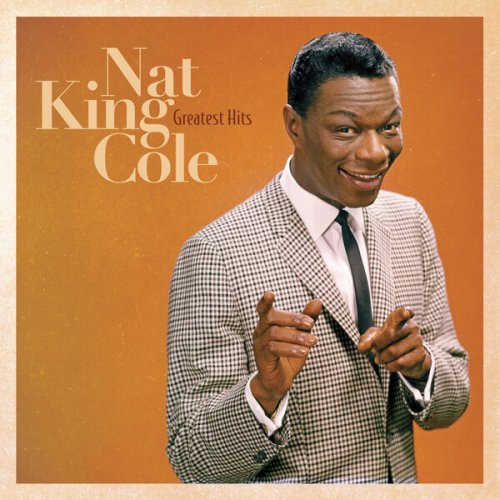
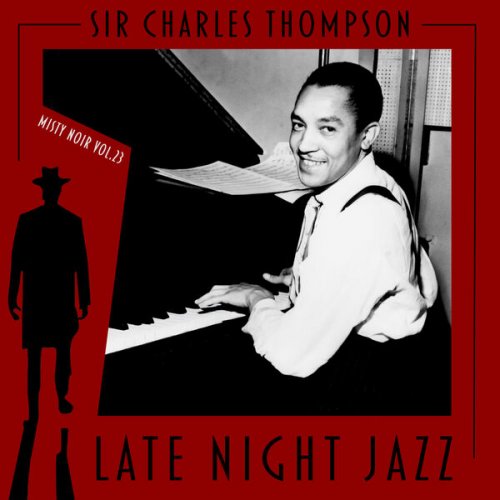
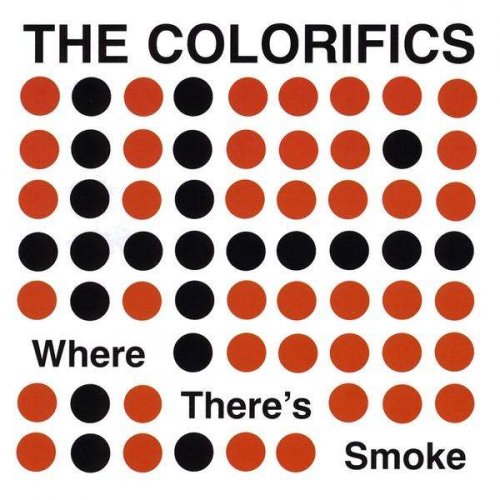
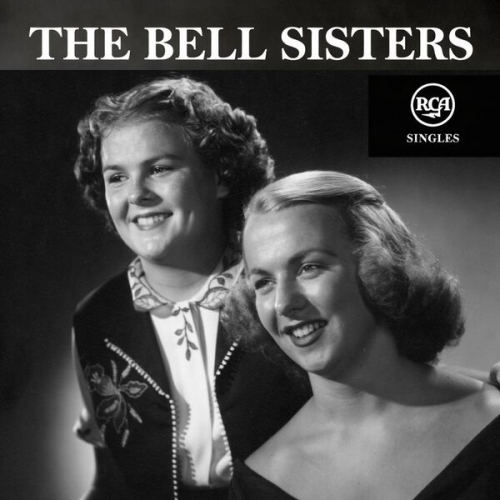
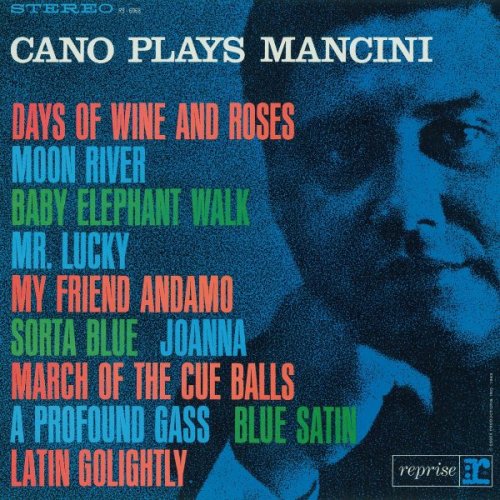
![El Calefón - Salir Del Agujero (2026) [Hi-Res] El Calefón - Salir Del Agujero (2026) [Hi-Res]](https://img.israbox.com/img/2026-02/26/sm3fq4x280rjvn4eh85ksne6j.jpg)
![Chad Lefkowitz-Brown - City Spirit (2026) [Hi-Res] Chad Lefkowitz-Brown - City Spirit (2026) [Hi-Res]](https://www.dibpic.com/uploads/posts/2026-02/1772171883_y3mc4z2lmsr7a_600.jpg)